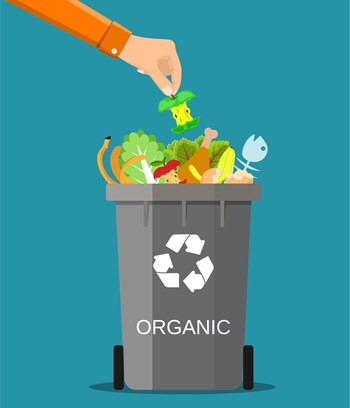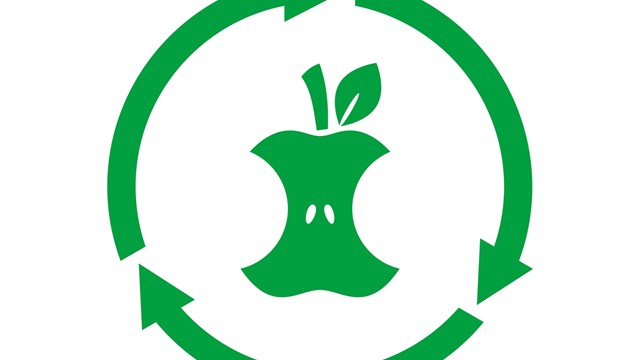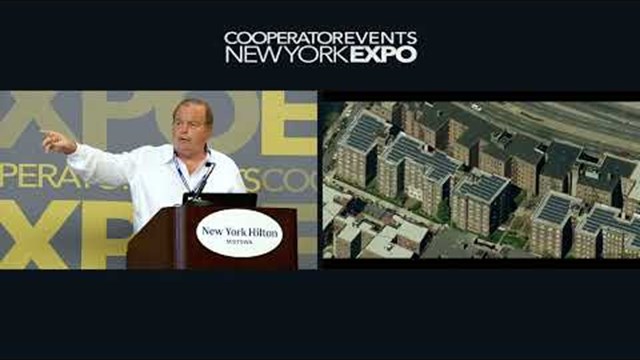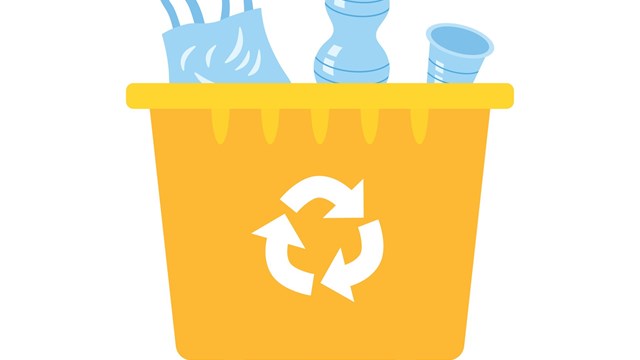
Unless it wants to face the wrath of the law (i.e., a fine of up to several hundred dollars), every residential building in New York City must recycle. While the bar for doing the bare minimum is quite easy to clear, dedication to and quality of recycling programs vary. For every board that promotes composting and tends to a green roof, there’s another that allows the various bins in the recycling room to pile high with all sorts of miscellaneous and non-reusable garbage.
The Cooperator spoke with Jacquie Ottman, Chair of the non-profit organization Manhattan Solid Waste Advisory Board, to discuss how a co-op or condo building can take a more proactive approach to recycling.
The Cooperator: What’s your general take on the overall status of recycling programs in high-rise and multi-family housing?
Jacquie Ottman: Here’s the deal: high-rise recycling participation lags behind that of single-family homes. The reasons behind this are fairly intuitive and obvious. There will always be outliers in a multi-family building who simply do not care about recycling, and there’s great opportunity for anonymity in a 17-floor building when you’re just sending rubbish down a shoot.
And once a recycling area starts getting sloppy, those residents who have been swayed to make an effort may quickly lose their ambition.
Exactly. There’s also a transitive nature in these buildings, where new people are coming in or out, so you really need to stay on top of the education. And then you have the subletters…renters just don’t tend to care as much as the owners.
What has worked in your experience to rally neighbors behind a recycling or composting initiative?
There’s a very simple piece of logic that I used to convince my Upper East Side building to adopt an organics program. A lot of co-ops are scared of collecting food scraps within the building; they see that as a magnet for rats. But the truth is, it’s exactly the opposite. We were already pretty good recyclers, so I got the board to understand the issue. And in my second meeting, I explained the issue on a board level: as good recyclers, we’d basically become adept at sorting recyclables from black garbage bags into clear recyclable bags. That’s essentially what the project entails in a high-rise: separating those materials. And what was increasingly left in those black bags was food, and those bags will rip and tear and leak. This is what attracts the rats. Anytime you pass a high-rise building and you see where the black bags are piled on the sidewalk, look around the perimeter a little and you’ll see rat traps. Rats nest close to tree pits because they know that every other day there will be a new source of food put out. That’s what immediately grabbed the board’s attention, so we ran with the organics program and never looked back. You save money when food waste doesn’t go down a garbage chute. Because when you drop a bag of kitchen waste down a 14-story chute, it’s ricocheting off walls and breaking before it gets to the basement. That’s why you’re paying to have a chute cleaned twice per year in big buildings.
Then you have porters that are trying to do the right thing and ensure that their building avoids fines. But there are all sorts of hidden labor costs accrued by their going floor-to-floor picking up recyclables and trying to gather misplaced cans and bottles and put them where they belong. This labor/time expenditure has not been documented by the city, to my knowledge, but it’s substantial. I see it in my own building. There are real money and labor issues here, as well as practical strategies which buildings are increasingly adopting to improve their recycling programs.
On whom does it usually fall to carry out and maintain an organics, composting, heightened recycling initiative, etc., once it’s agreed upon that a building should pursue one?
Oftentimes it falls to the super, under the auspices of management. In some buildings, the secret sauce is a board member or interested resident, someone who might be on an environmental committee and takes a personal interest in this and helps out. What we call an in-house recycling champion. They exist in many buildings; you just have to scratch around. And they can act as an adjunct to management, potentially organize an Earth Day event, pass out brochures, meet with seniors or disabled residents to help with their recycling.
Do you have any quick tips that a board could implement with minimal effort and better their recycling programs?
I worked as a green marketing consultant for an Energy Star building for 10 years, where it was clear that energy efficiency in a corporation was viewed as a proxy for good management. Similarly, when a residential building cares about its recycling room and doesn’t let it get overrun with messy recyclables and trash, that sends a signal to the residents that the building is well run. Many boards don’t care all that much about recycling and trash; they see it as something for the super to handle, while they have bigger fish to fry. But sending a signal to residents that they do care via signage in the recycling room, through making announcements at the annual meeting, by asking people to raise their hands if they’re confused or need additional help such that other residents can see that they’re taken care of… it all contributes to building a culture of recycling in a building. Only the board can truly amplify that culture.
Mike Odenthal is a staff writer at The Cooperator.






Leave a Comment